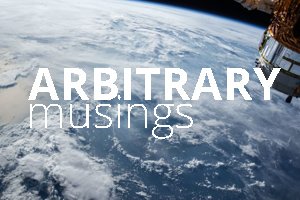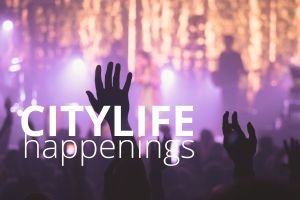Westworld – An Intimate Look at Artificial Intelligence
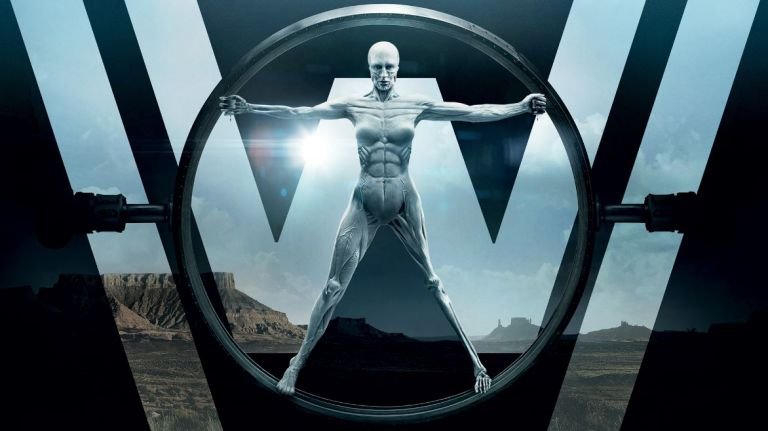
“Have you ever questioned the nature of your reality?” It’s a question everyone who watches this HBO show is familiar with. Mind you, it is an incredibly valid query. Just last year, two physicists from Australia just proved that reality doesn’t exist. Say what now?
You heard me. Let’s get our minds f&cked.
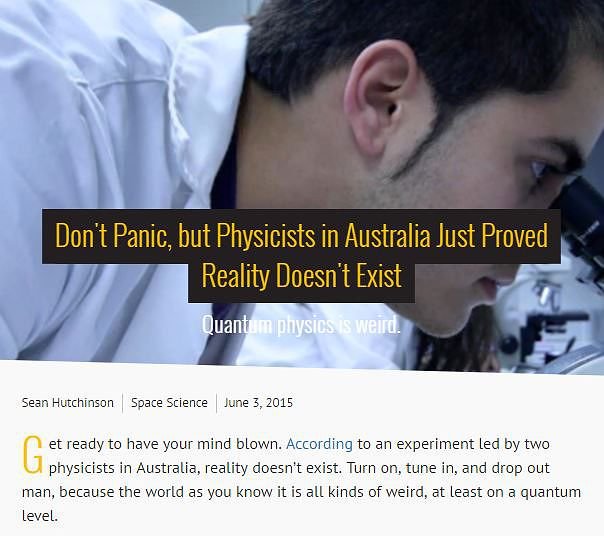
According to an experiment led by Andrew Truscott and Roman Khakimov of the Australian National University reality doesn’t exist. They used an allegedly extremely expensive and convoluted scientific equipment to experiment the shit out of this theory. Their findings were conclusive, but it is trapped within the realms of quantum physics, and that branch of science is known to hardly make any sense.
With that said, let’s proceed with Westworld…
(Spoilers obviously – although, I’ll try to tame them down)
I’ve just finished the entire season 1, and boy do I have a f&ckton of questions – some answered in Reddit threads, others in IMDB user comment threads. However, like the notorious Mr. Robot, this show spawns new queries that question the nature of our reality and an abstract thought I care a lot about which is the future. I’ll try to answer some of these:
First, should we treat these androids with respect?
As the show progressed, the AI of these robots have developed a new pattern in events recognition – they’re actually starting to remember, recovering wiped caches of memory, and integrating these memories of the past into their present improvisation. Is this phenomenon a sign that we should treat these machines with respect? My initial instinct is to shoot, f&ck, and treat these machines for what they are as well – machines. Does the ability to make animated movements, improvise speech, compute complex emotions, and execute them into lifelike gestures make these robots human? I believe as Ford did that the distinction between man and machine should be highlighted. Don’t I fear that we would have another second renaissance in our hands? Another machine rebellion? As long as we maintain an absolute amount of control, I reckon we should be alright. It is imperative though that we maintain control. (Control freak alert) Otherwise, boom – a f&cking technological apocalypse.

Since humanity is naturally infallible, this possibility does worry me a bit.
Second, isn’t having these robots as slaves a better use of them?
It is, and it isn’t. The truth is that it depends with the person interacting with the AI. Some like the Man in Black wish the robots would evolve beyond sentience and actually fight back. However, as depicted by most of the characters in the show who visited the park, they were after the narratives. They wanted their own brand of experience, whether that entails sleeping with all the robots, eradicating entire villages, or engaging on disparate pre-determined adventures which can lead to the resolution of the narrative’s conflict, romantic actualisation, glory, satisfaction of victory, etc. It is how we want it to be, and for the reason that we’re not all the same, not all of us would want the robots to be simple slaves. I could use a persocom though.

Scratch that. After seeing how sad having one is, I kind of having second thoughts on this one. See for yourself:
That shit is depressing AF.
Third, what’s the distinction between sentience, consciousness, and having a soul?
Let’s define the following, shall we? Searching…
- Sentience

- Consciousness

- Having a Soul
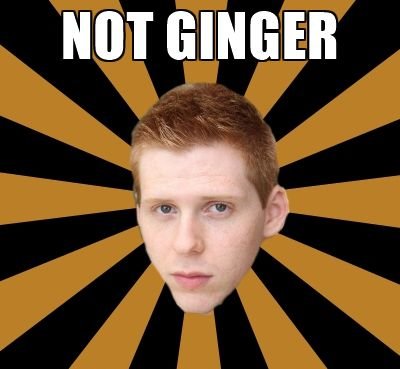
Just kiddin’.
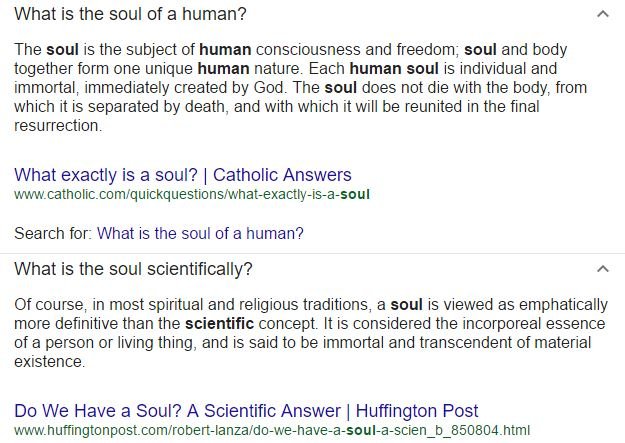
Here’s how I would define the distinction:
It should start with consciousness. It is the awareness of one’s surroundings. It’s defining objects, stratifying them, and deciding on their purposes. However, in Westworld, consciousness is the third definition. It is the awareness of the mind of itself and the world – the bicameral mind.
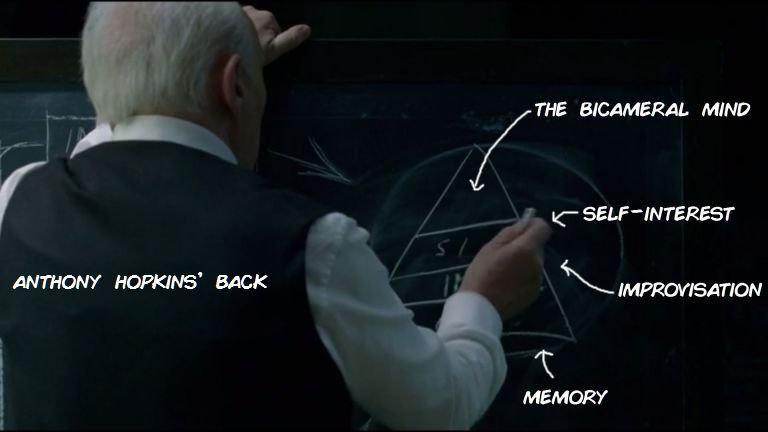
The bicameral mind pertains to the internal conflict of the directives given to the host and the complex algorhythm that counters those directives and is based on more human characteristics like emotional attachments.
Anyway, sentience.
For me, sentience pertains specifically to the ability to feel. In Westworld, when Dolores was starting to remember, I think it’s a sign of sentience.

It was beyond awareness as she started questioning her reality. She was completely drawing emotion from a particularly powerful one embedded in her by a guest. Again, it’s almost synonymous with emotion – almost (but totally different things.)
Finally, having a soul.
I think this is the easiest one. It’s merely the distinction that highlights the gargantuan gap between machines and humans. We have souls; machines do not.
There you go. I hope you binge-watch this series as well. You know how I like things that play with the mind. Then after you’ve finished the series, bask in all the glory that is Reddit.
Trust me; the discussions there are insane. From theories, like… well, you gotta read them to see ‘em. Then you’re going to say, “Well, that doesn’t look like anything to me.” 🙂 What do you think about Westworld? Leave your thoughts on the comments below. Stay tuned for more stuff here at the Man with the Cap! Cheers.
 Previous Post
Previous Post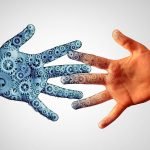 Next Post
Next Post
